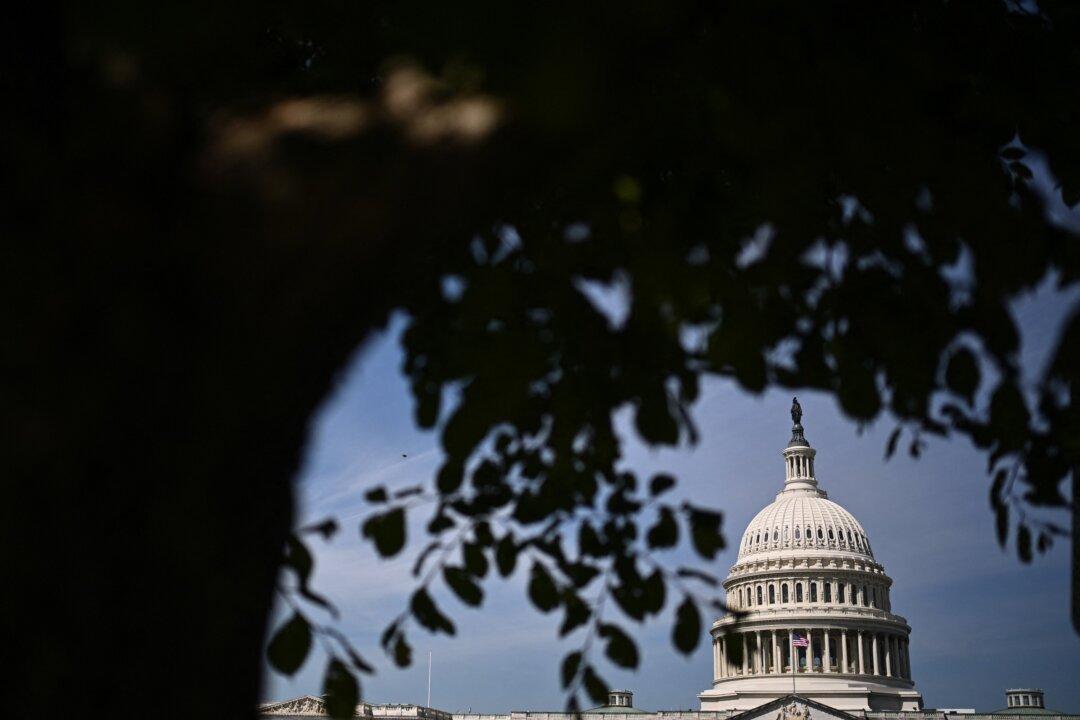Commentary
If you follow the markets, you have probably heard about the recent financial carnage in Great Britain and the forecasted doom in the United States. While the United Kingdom is a smaller country than the United States, generally speaking the United Kingdom has one of the most profound financial systems in the developed world. Furthermore, the United States and the United Kingdom are the most prominent examples of market-based capitalism in the entire world.





